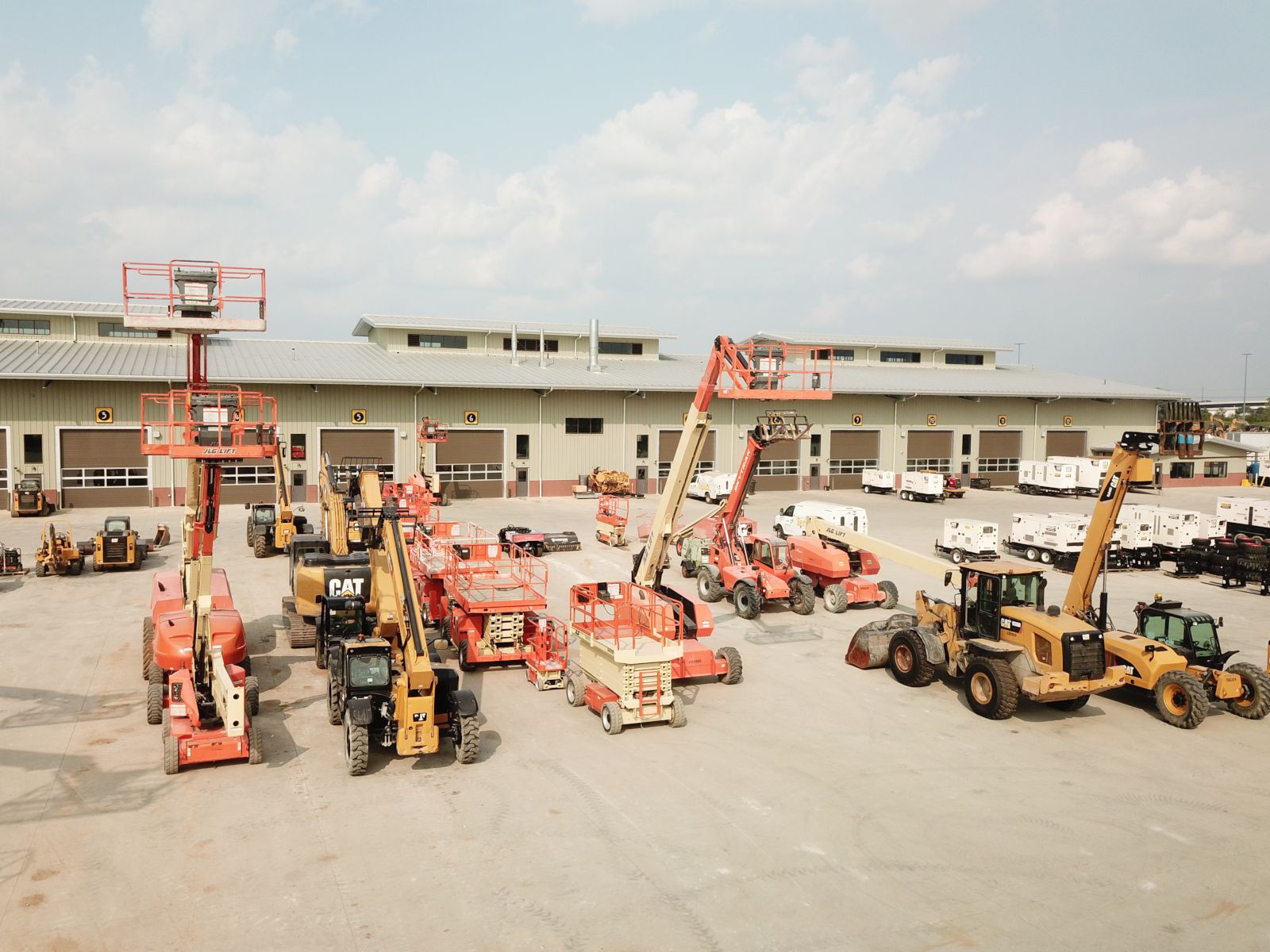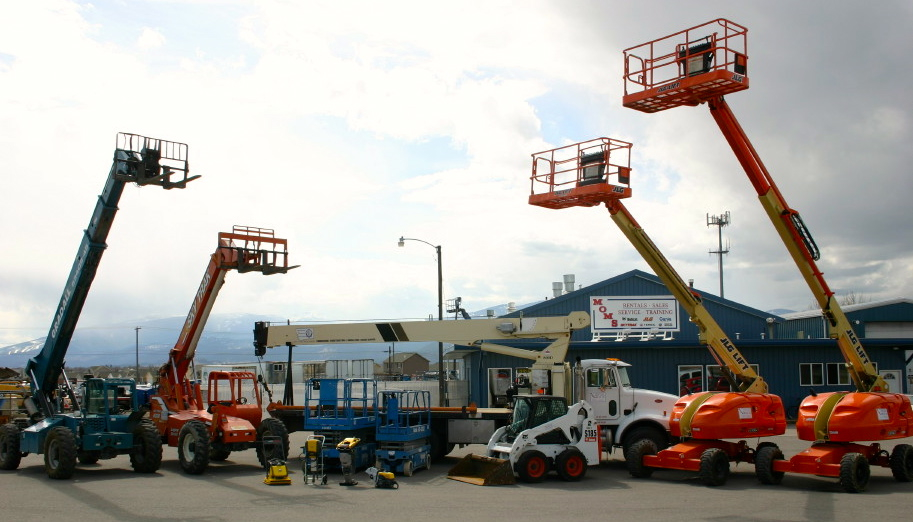Rental Company Near Me: Regional Solutions for Equipment Rentals
Rental Company Near Me: Regional Solutions for Equipment Rentals
Blog Article
Maximize Your Spending Plan by Recognizing the Expenses Connected With Building And Construction Tools Leasings
Understanding the complete scope of costs linked with building and construction tools services is essential for maximizing your spending plan. While the first rental cost might seem uncomplicated, many additional expenditures-- such as transport, fuel surcharges, and upkeep-- can promptly build up, impacting your financial planning. Being conscious of numerous fees and the complexities of rental contracts can aid prevent unexpected monetary worries. What approaches can be used to efficiently take care of these expenses and ensure a much more effective rental experience?
Summary of Rental Costs
When taking into consideration building and construction devices rentals, recognizing the associated costs is critical for efficient budgeting and project planning. Rental costs can vary significantly based on a number of factors, including tools type, duration of leasing, and location. The preliminary rental cost usually mirrors the devices's market demand and its linked operational abilities, affecting the general cost.
In addition to the base rental rate, secondary costs might develop, such as transportation fees, gas surcharges, and upkeep fees. It is necessary to account for these extra costs to accurately analyze the complete price of renting equipment. Additionally, the rental period can influence rates; longer leasings might get affordable prices, while temporary rentals may sustain greater daily fees.

Failure of Rental Prices
A thorough understanding of rental rates is essential for professionals and task supervisors aiming to maximize their spending plans. Rental rates for building devices usually include several parts, including base prices, time-based fees, and usage charges.
Base rates are the core costs connected with the leasing of the equipment, typically identified by the type and dimension of the equipment. These prices can vary considerably, affected by factors such as devices demand, schedule, and regional market trends. Time-based charges, which may be daily, weekly, or monthly, offer to suit different job timelines and rental durations.
Furthermore, rental prices may include usage fees, which apply when devices is utilized beyond a specified threshold, making certain that the rental firm can account for damage. Seasonal need changes can also influence rental rates, with peak construction periods usually regulating greater costs.
Additionally, understanding the rental business's policies concerning upkeep and insurance policy can offer further understanding right into the total cost framework. By assessing these elements, contractors can make informed decisions, making sure the selection of rental tools aligns with both task requirements and budget constraints.
Extra Costs to Consider
Recognizing the intricacies of extra charges is essential for specialists to handle their total leasing expenses effectively. Past the conventional rental prices, various supplemental costs can considerably impact the overall price of devices leasing. These costs often consist of delivery and pickup charges, which can differ based on range and logistics associated with transporting the devices to and from the work website.
Additionally, some rental firms may enforce fuel surcharges if the equipment is returned with less fuel than when rented out. It is likewise important to recognize potential cleansing costs, especially for specific equipment that calls for detailed upkeep after use.

Thoroughly examining the rental agreement and clearing up these extra fees upfront can help service providers ensure and stay clear of unforeseen costs that budget plans remain intact throughout the project lifecycle.
Maintenance and Repair Work Expenditures
Regular repair and maintenance expenditures are frequently ignored aspects that can considerably influence the general useful site expense of construction devices rentals. When renting tools, it is vital to take into consideration not only the rental charges yet likewise the prospective expenses connected with keeping the machinery in optimal operating problem.
Many rental companies consist of basic upkeep as component of the rental agreement; however, a lot more comprehensive repairs or unexpected failures can result in added costs. It's vital to examine the rental contract thoroughly to comprehend what upkeep services are covered and what obligations drop on the tenant.
In addition, equipment that is not well-kept can lead to ineffectiveness on the work site, potentially triggering delays and boosting task expenses. To minimize these threats, it is recommended to carry out regular assessments and maintain open interaction with the rental company pertaining to any problems that occur throughout usage.
Insurance Policy and Liability Costs
Insurance coverage and obligation expenses are essential components that can substantially influence the overall expense of building tools rentals (mini excavator rental). These costs ensure that both the rental firm and the client are secured from potential economic losses learn the facts here now occurring from accidents, damage, or burglary during the rental period

In addition, clients should be aware of any type of deductibles or exemptions in the insurance coverage, as these can affect prospective out-of-pocket expenditures. Comprehending the terms of any kind of insurance policy coverage is essential to stay over here clear of unforeseen costs. Ultimately, budgeting for insurance and responsibility expenses can help make sure a smoother rental experience and safeguard versus economic risks related to construction projects.
Final Thought
To conclude, an extensive understanding of the expenses related to construction devices rentals is crucial for efficient spending plan administration. By evaluating rental prices, additional fees, maintenance expenses, and insurance demands, people and companies can minimize unanticipated expenditures. This tactical method not just boosts cost-effectiveness but additionally guarantees that tasks proceed smoothly and effectively. Ultimately, informed decision-making regarding equipment rentals contributes to the overall success of construction endeavors.
Rental prices can differ substantially based on several factors, including equipment kind, duration of rental, and area (boom lift rental). The rental duration can influence prices; longer rentals might qualify for discounted rates, while short-term services may sustain higher daily fees
By carrying out comprehensive study and involving with trusted rental business, service providers can successfully navigate the intricacies of rental prices, ultimately optimizing their economic resources.
Beyond the typical rental prices, different additional costs can significantly affect the total cost of devices rental. Rental firms often give responsibility insurance that covers injuries to 3rd parties or damage to residential property, while equipment damages insurance can cover the expense of fixings or replacement if the rented devices is damaged.
Report this page